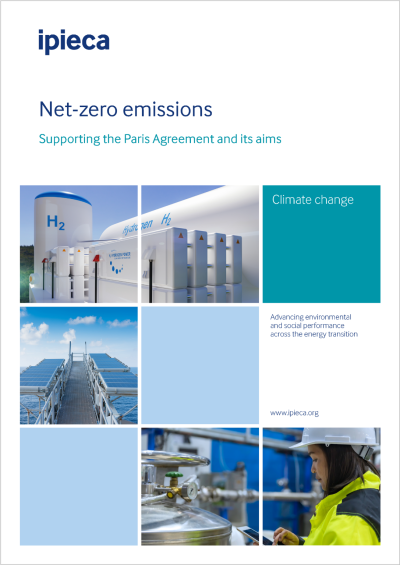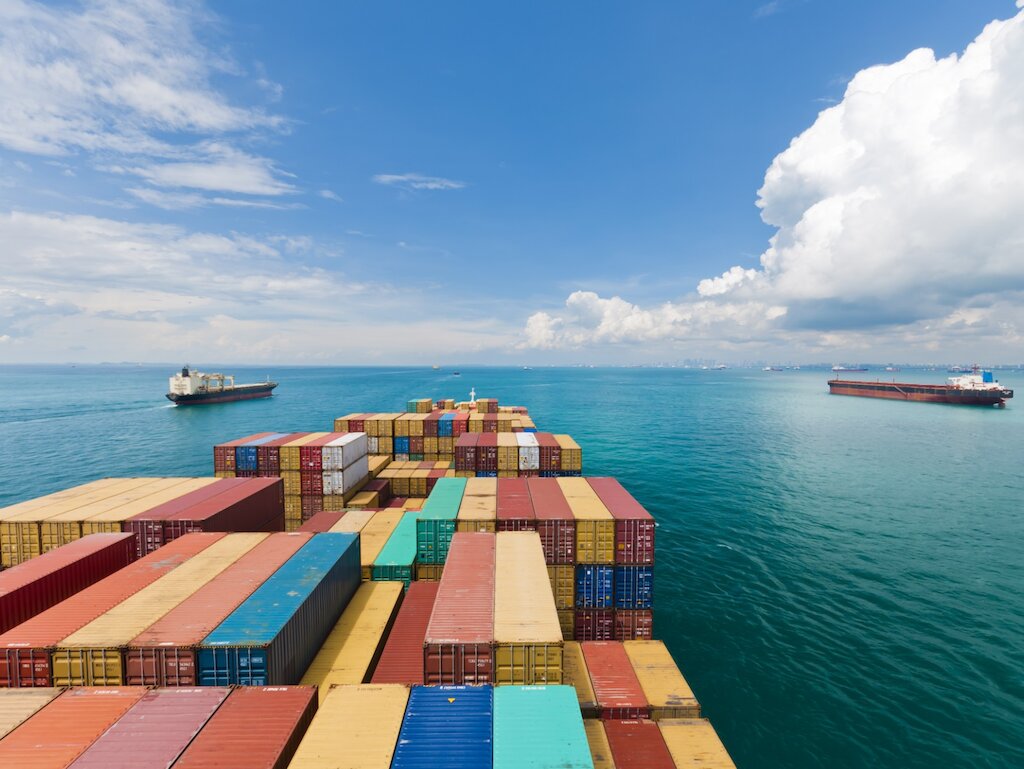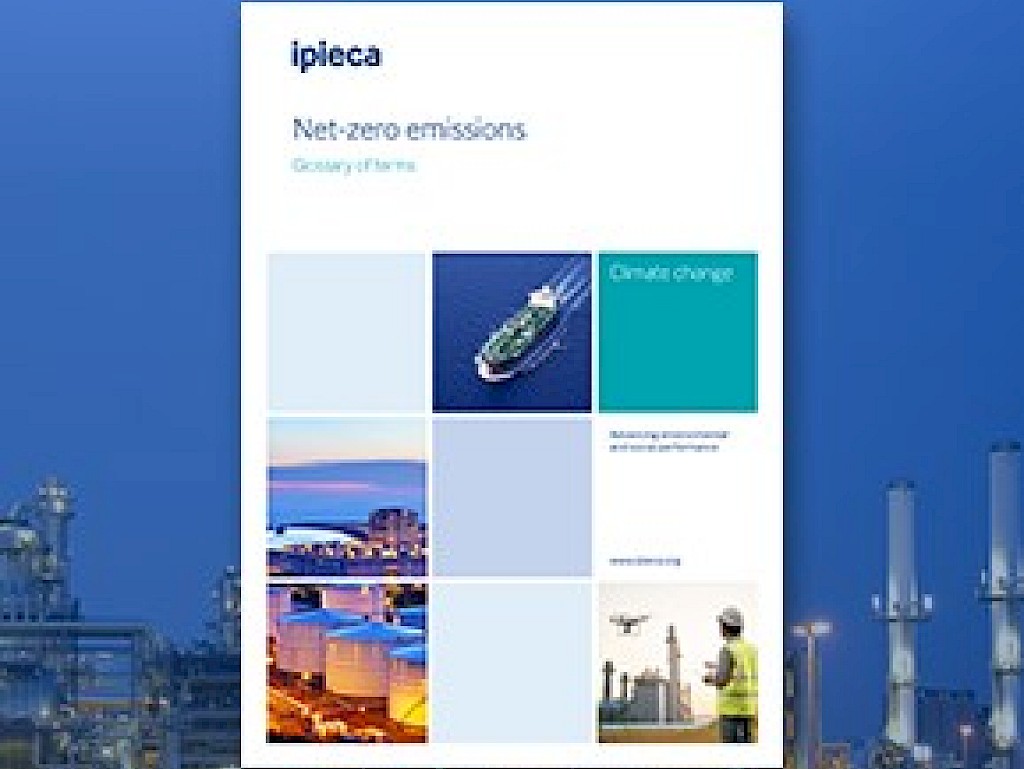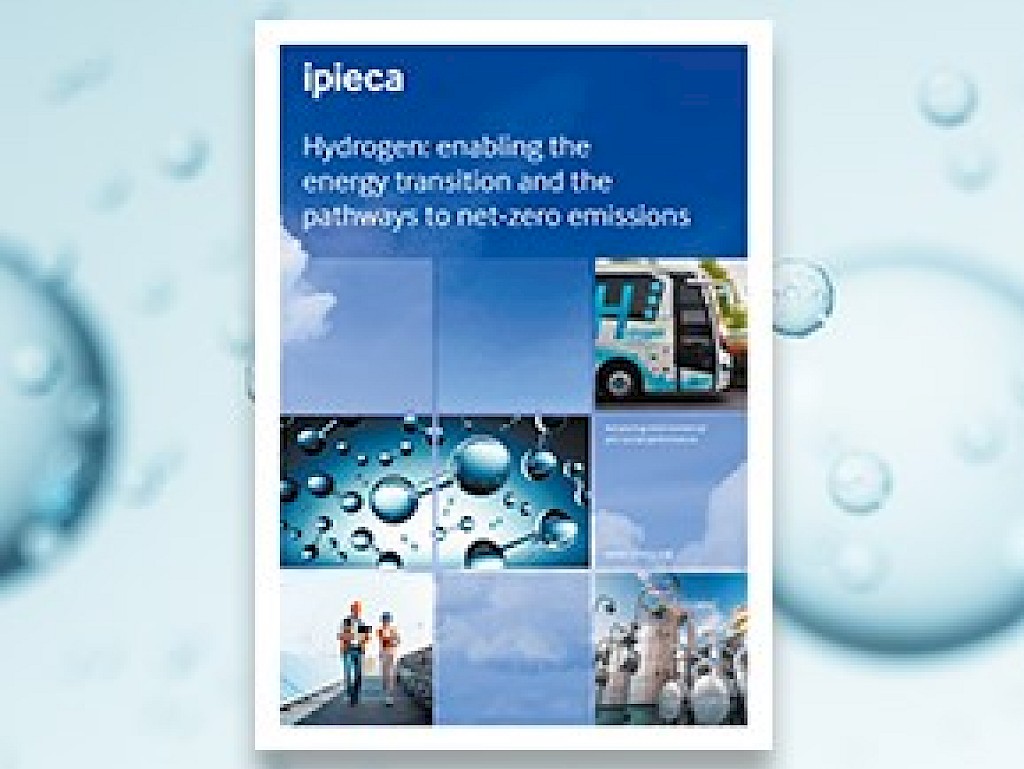Multiple pathways to net zero

Ipieca draws on analysis from a range of sources, including the Intergovernmental Panel on Climate Change (IPCC)—the United Nations body for assessing the science related to climate change—which sets out a number of science-based potential pathways to achieving net-zero emissions.
Regional energy transitions
As well as highlighting the importance of the UN Sustainable Development Goals in guiding a sustainable and just transition, the brief also stresses that there is no ‘one size fits all’ approach to achieving a just transition to net-zero emissions. Each region will take its own approach, depending on levels of economic development, availability of energy sources and population energy needs, among other factors.
The role of oil and gas in a net-zero future
Given the challenges posed by regional differences and the need to balance energy affordability, reliability and sustainability (the ‘energy trilemma’), the oil and gas industry will play an important role in meeting global energy demand on the way to net-zero emissions by decarbonising the production of oil and gas and responding to increased demand for decarbonised energy products.
Carbon capture and storage (CCS) will likely be key to the transformation of the energy system. The IPCC Sixth assessment report attaches considerable importance to CCS. CCS is key to enabling low-carbon fuels and electricity to be used in transport, homes and the industrial sector. Of the 15 large-scale CCS projects in operation today, 11 are based on oil and gas activities.
Hydrogen combustion can produce the high-quality heat necessary for many industrial processes. Low-carbon hydrogen can carry and store energy across major sectors (electricity, industry, transportation and buildings) and can eventually be an enabler of the growth of renewable hydrogen through the repurposing and reuse of the existing natural gas infrastructure and distribution network. The oil and gas industry has the experience, skills and knowledge to develop and scale up production of hydrogen from natural gas as a low-carbon, low-cost source of energy.
Collaboration as an energy transition lever
Meeting the challenge of climate change in the context of sustainable development requires actions from all parts of society. Such collective action is critical to developing the new value chains and products necessary to deliver the aims of the Paris Agreement while also ensuring social and economic development of communities and countries, and managing impacts on the natural environment.
Brian Sullivan, Ipieca Executive Director, said ‘Ipieca is pleased to launch our Net-zero emissions awareness brief to advance the conversation about the role of the oil and gas industry in delivering on the aims of the Paris Agreement. As a non-lobby organization founded at the request of the UN in 1974, we have a unique role to play in convening collaborative action across industry, civil society and beyond to drive industry action on the energy transition and sustainable development.’







